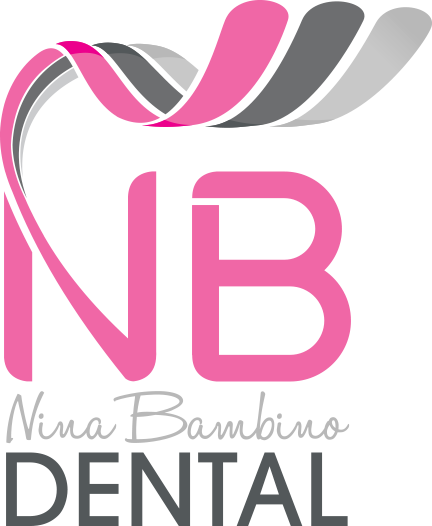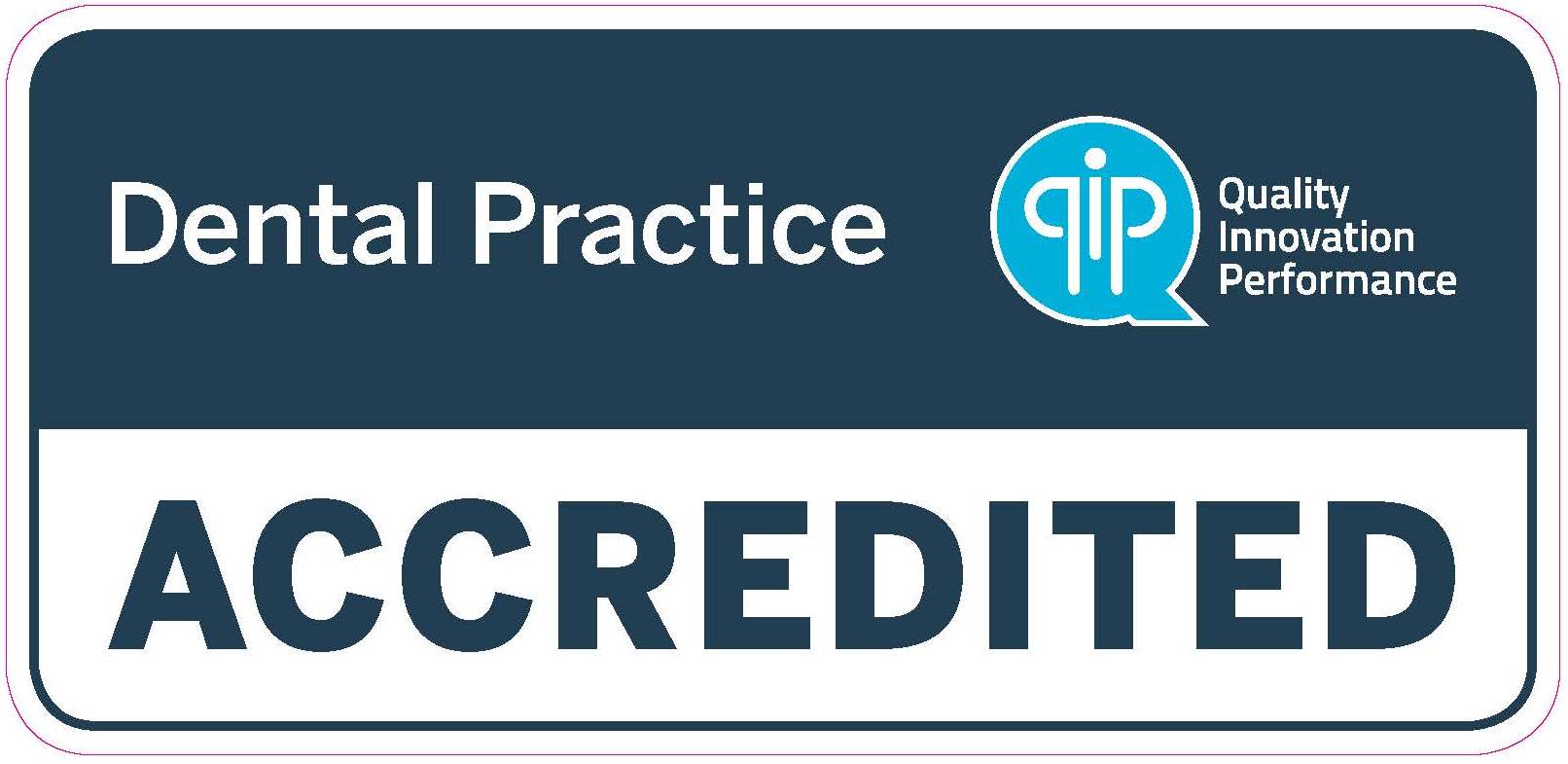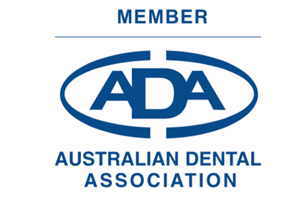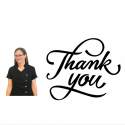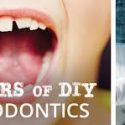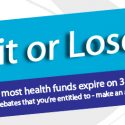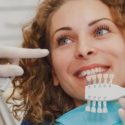Brisbane Dental Health For Babies
The first signs of your child’s baby teeth coming will often be with discomfort, sore ears and temperatures that leave you scratching you head wondering why. We always recommend visiting your GP in these circumstances to confirm. It’s best to never assume! The level on discomfort differs from child to child. When your child is teething it can be a very tough job for Mum or Dad to make them comfortable. But a combination of loving attention, bonjella, chilled but not frozen teething rings or washcloths, and dummies (don’t use honey or jam on them as this causes decay) often does the trick.
Your child’s baby teeth will start to appear, often with the central bottom teeth first, anywhere between 4 months and 10 months. Like every developmental milestone, the point at which your baby gets their teeth is an individual thing and you shouldn’t worry if their teeth appear earlier or later than other kids their age. If you have any concerns in this regard, our dentists will be able to answer any questions you might have.
Your baby’s first dentist visit
The ADA (Australian Dental Association) recommends your baby to see the dentist for the first time when their first tooth becomes visible or when they reach 12 months of age – whichever comes first. Whilst no dental treatment as such may be done until your baby has a full set of teeth, which usually takes place by the age of 3, the earlier your child visits the dentist the better. Usually, your child’s first visit to the dentist will involve a fun ride in our “magic chair” the dentist and or oral health therapist making balloon animals and if given the opportunity, count and examine the existing teeth and discuss:
- Teething
- Brushing techniques
- Bite (how your children’s teeth come together)
- Habits such as thumb sucking
- The risk of decay and how to prevent it
- Prevention of traumatic injury to your child’s mouth
- Nutritional advice
At NB Dental we always encourage positive dental experiences and pride ourselves on making positive and fun experiences for children when they visit. We also encourage parents to also be positive about these visits. Never use the dentist as a deterrent for bad behaviour such as not brushing teeth, and remember that the dental team is well-trained in dealing with babies and young children.
How do I brush my baby’s teeth?
Dental health is an ongoing process throughout a child’s life, and good dental health practices should be encouraged early on so your child sees them as a normal part of life. Even if your child only has a few teeth, bacteria can get in and start causing decay, so you should start brushing your child’s teeth as soon as the first tooth erupts. One great way to get your child used to teeth cleaning is to wipe their gums with a soft cloth twice a day as an infant before the first tooth arrives.
As soon as the teeth appear, you can switch to using a soft children’s brush, with no toothpaste until 18 months of age, while your child lies on your lap or on a bed. And yes flossing is necessary; your dentist can show you the correct technique to floss your child’s mouth.
